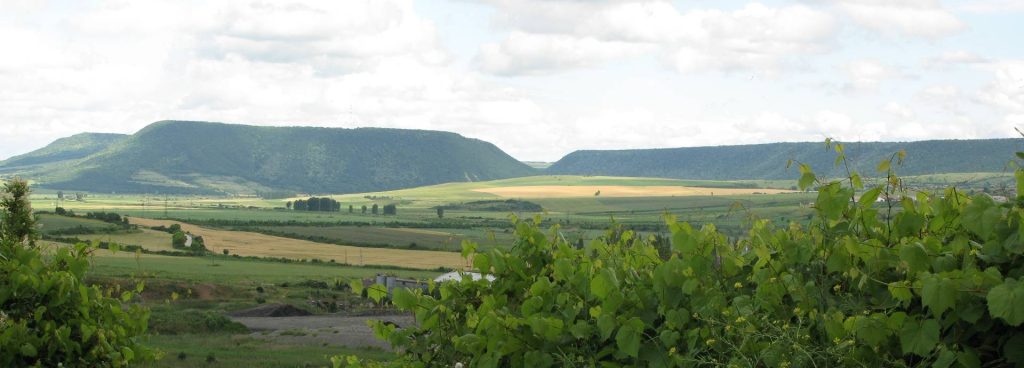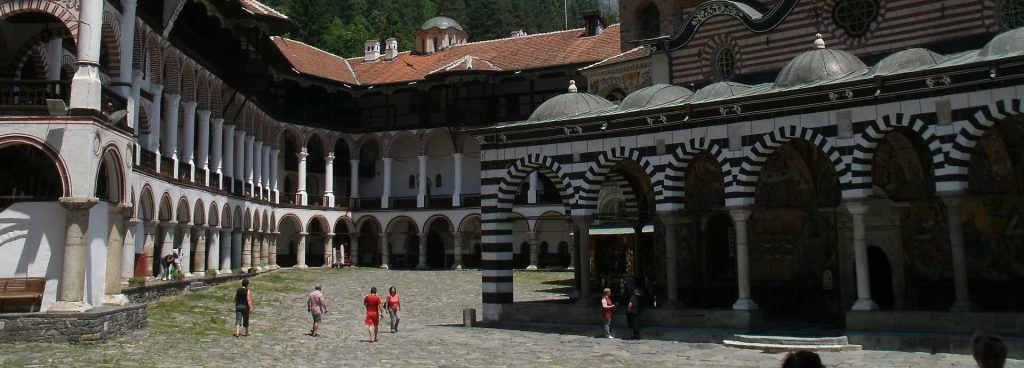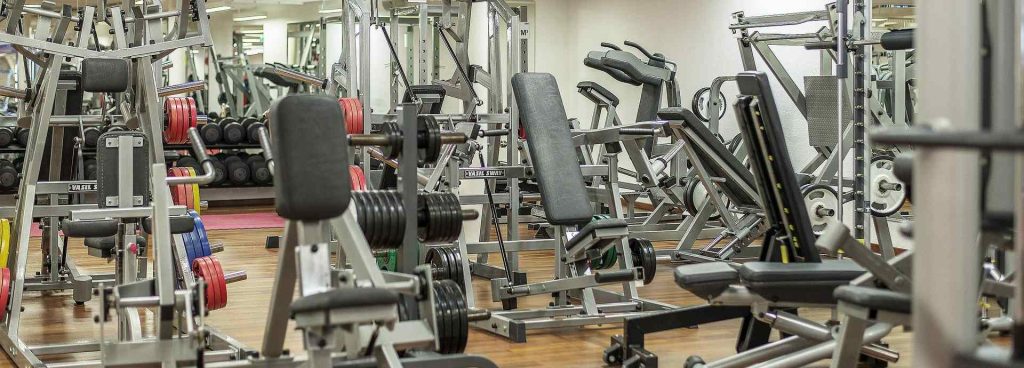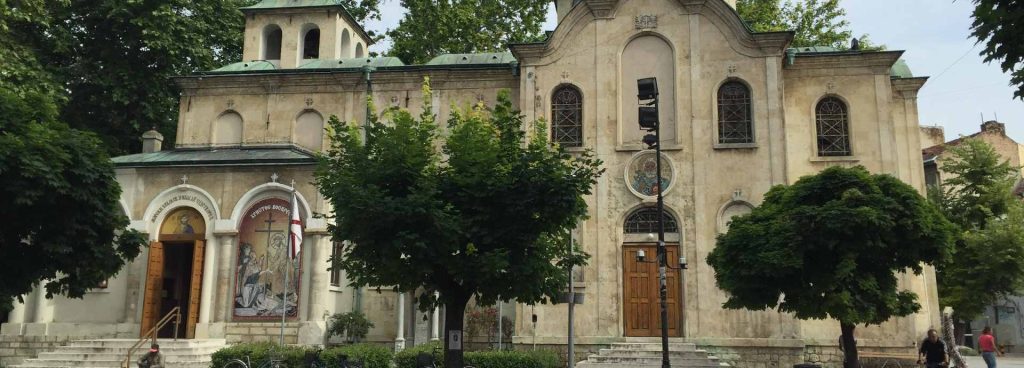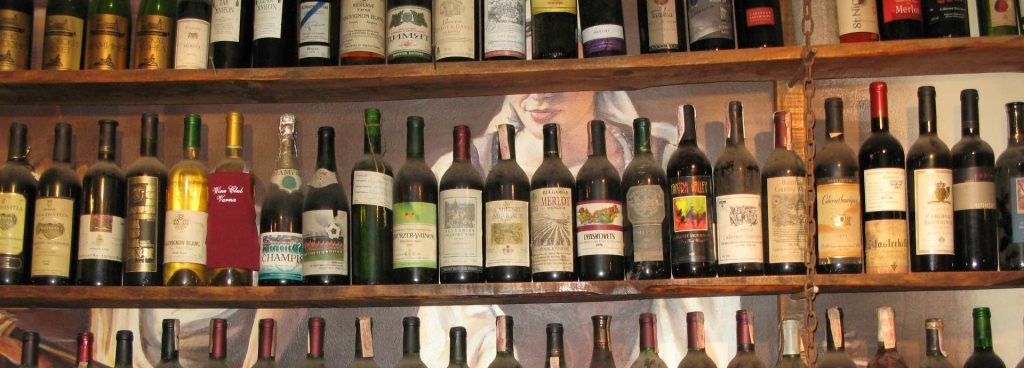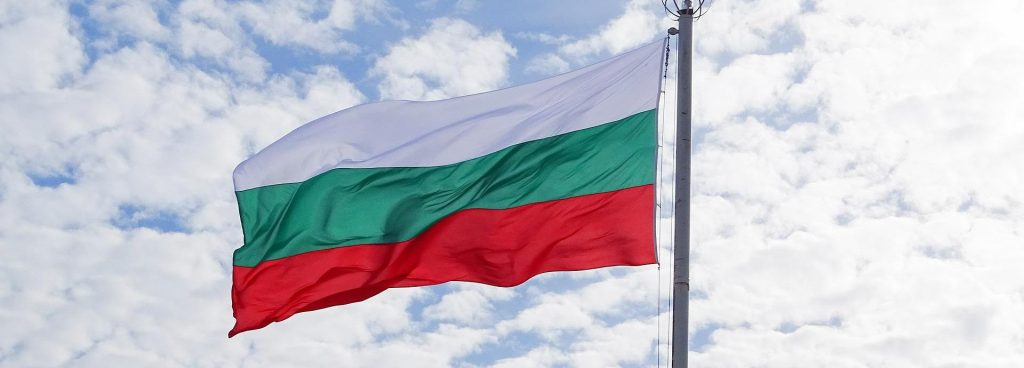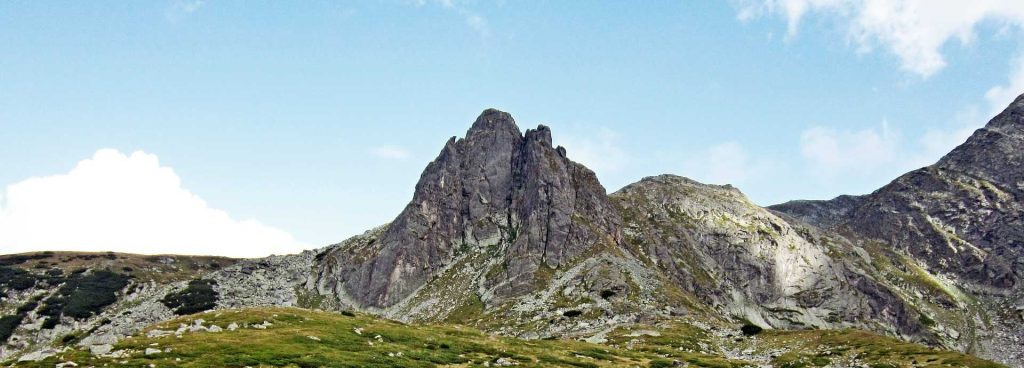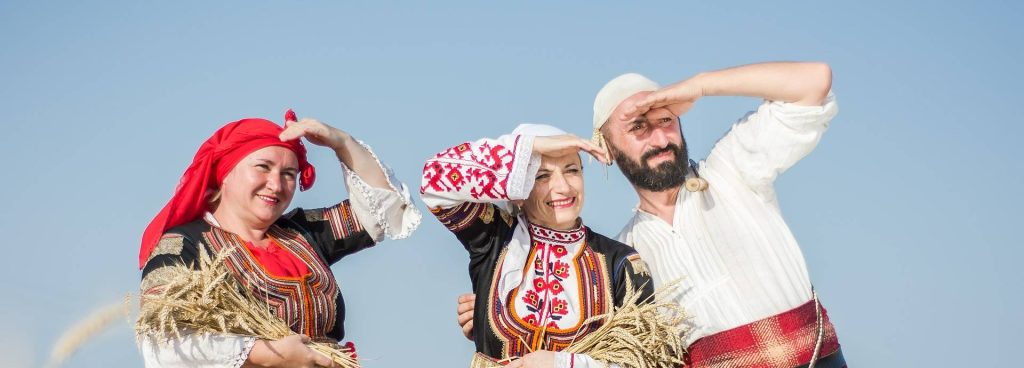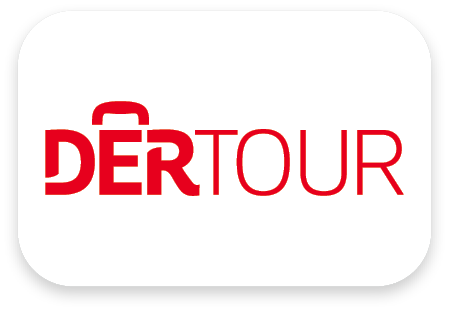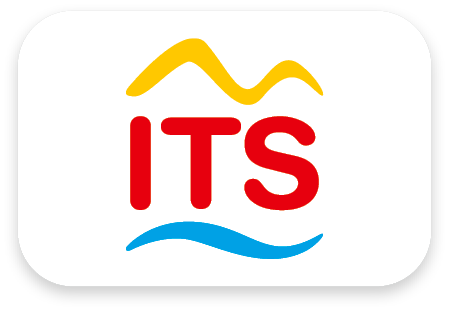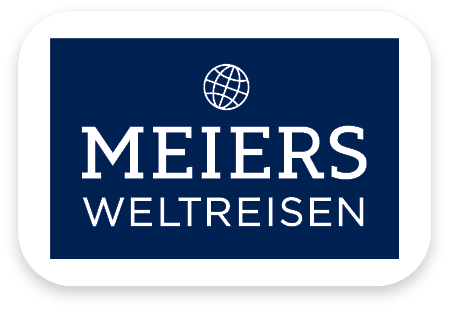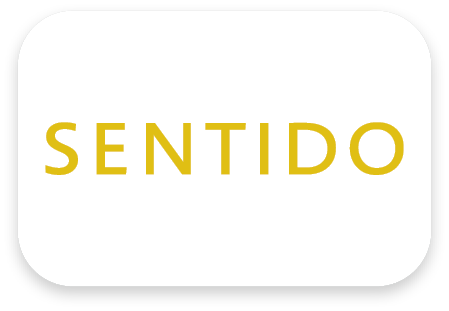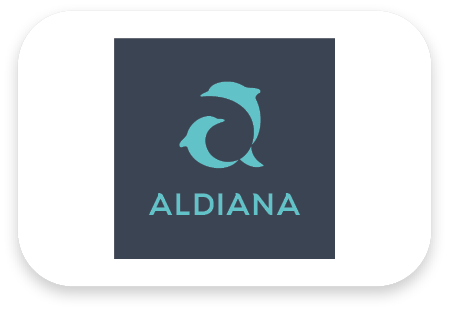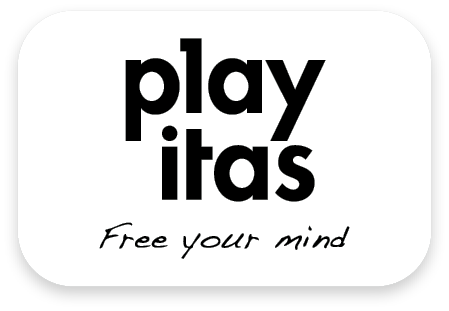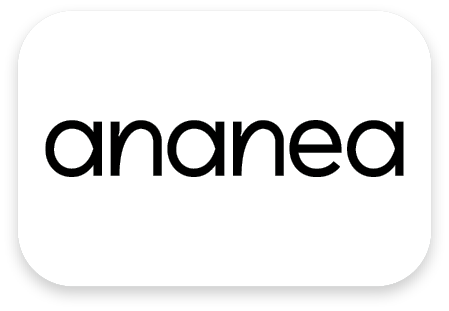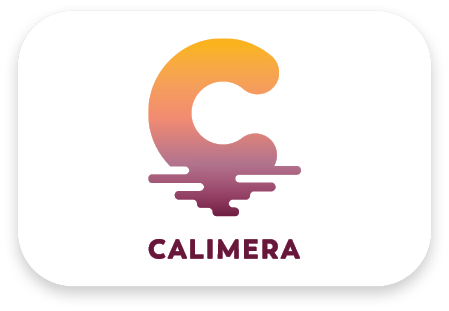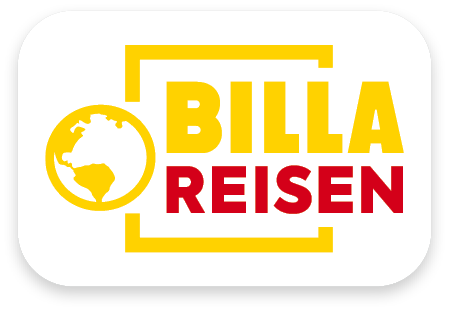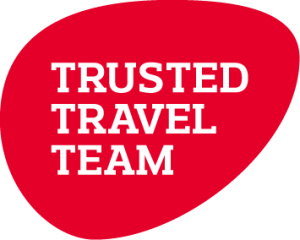A quick overview
From the 4th century BC: The legendary time of the Thracians begins.
7th century: Greek hermits settled and founded cities such as Odessos (Varna), Apolonia (Sozopol), Messambria (Nessebar).
681: Foundation of the First Bulgarian Empire. Pliska as the capital. At the head of the empire is the khan (tsar).
855: The brothers Cyril and Method create the basis for a Slavic written language.
865: Boris I introduces Christianity as the state religion.
813-927: Tsar Simeon the Great – the golden age of Bulgaria. Establishment of an independent Bulgarian Patriarchate.
from 1393: Bulgaria becomes a Turkish province, the so-called Ottoman yoke lasts for almost 500 years.
1876: The April Uprising triggers a bloody revenge campaign by Turkish troops. Public opinion in Europe is appalled by the reported atrocities.
1878: Bulgaria gains independence in the Russo-Turkish War. On March 3rd, in the Pre-Peace of San Stefano, favorable frontiers were laid for Bulgaria, but full independence was still denied to Bulgaria.
1879: One of the most liberal constitutions in Europe is passed in Tarnovo. The nephew of the Russian czarina, Prince Alexander von Battenberg, is elected the first prince.
1908: Young Prince Ferdinand of Saxony and Coburg-Gotha declares Bulgaria's full independence and assumes the title of Tsar of the Bulgarians.
1914-1918: At the beginning of the First World War, Bulgaria declared its neutrality. In October, Ferdinand abdicates in favor of his son Boris.
1941-1945: During World War II, Bulgaria joins the three-power pact (Germany, Italy, Japan).
943: After the death of Tsar Boris, a patriotic front takes power.
1946: By referendum, the Bulgarians replace the monarchy with people's democracy.
1947: Measures for expropriation by the state and permanent integration into the Soviet sphere of influence.
1962-1989: During Zhivkov's reign, the Communist Party reigned supreme.
1989: On 10.11. Todor Zhivkov is overthrown as head of state at a meeting of the Central Committee.
1990: First free elections on June 10th.
1991: New parliamentary elections in October. New government from UDK circles (Union of Democratic Forces).
1999: Inclusion of Bulgaria in the group of official EU accession candidates.
2001: Albania, Bosnia-Herzegovina, Bulgaria, Yugoslavia, Croatia, Macedonia and Romania agree on a free trade zone with effect from 2003.
2001-2005: The former Bulgarian Tsar Simeon II returns to Bulgaria from his exile in Spain at the beginning of the 21st century and forms a party around himself. This makes him the only king in the world who was deposed and later democratically elected. His NDSW party wins the 2001 elections and Simeon II, who changes his name to Simeon Sakskoburggotski and discards monarchical suffixes, reigns from 2001-2005.
2004: Accession of Bulgaria to NATO.
2005-2009: A three-party coalition, to which the NDSW belongs, governs under Stanishev in Bulgaria.
2007: Bulgaria becomes a member of the European Union.
2009: In the parliamentary elections, the governing Socialists suffer a heavy defeat. Sofia's mayor, Boyko Borissov, forms a minority government and becomes prime minister.
2010-2011: Lothar Matthäus is the coach of the Bulgarian national team.
2012: The non-party entrepreneur Rossen Plevneliev becomes President.
2013: The dissatisfaction of the population with the rigid austerity measures is reflected in protests against the high electricity prices. The government resigns. In the new elections in May 2013, the conservative party remains the strongest political force, but falls short of an absolute majority. Non-party financial expert Plamen Oresharski is the new head of government in a socialist coalition.
2015: Burgas is European City of Sports.
2016: Ex-General Rumen Radev becomes the new President of Bulgaria in the presidential elections. The pro-Russian opposition politician clearly prevailed in the second round of voting. Prime Minister Borisov then declared his resignation and thus took the consequences. At the Summer Olympics in Rio de Janeiro, Bulgaria wins 1 silver and 2 bronze medals.
2017: The Bulgarian ruling party (the pro-European conservative party GERB) defeated the pro-Russian Socialists in the new elections in Bulgaria and won for the third time in a row. Varna is the European capital of youth.
2018: Bulgaria takes over the Presidency of the Council of the European Union.
2019: Plovdiv becomes European Capital of Culture.

